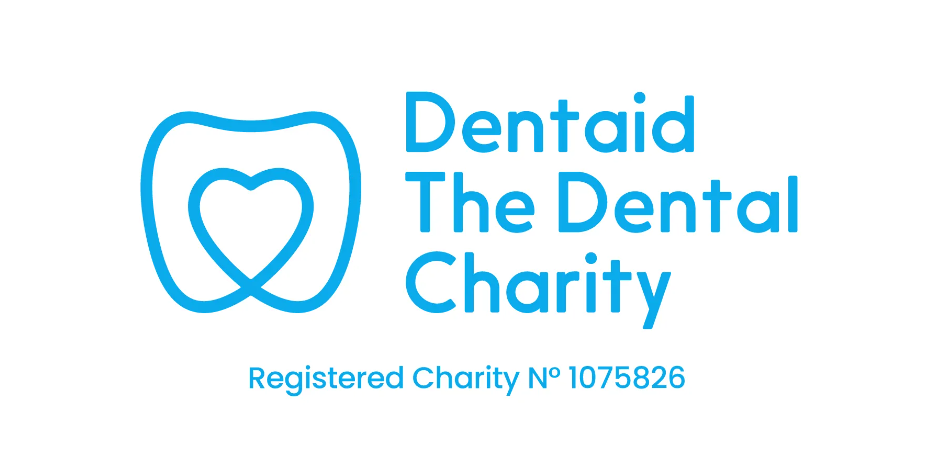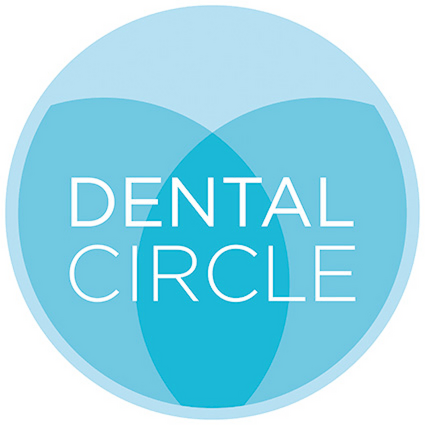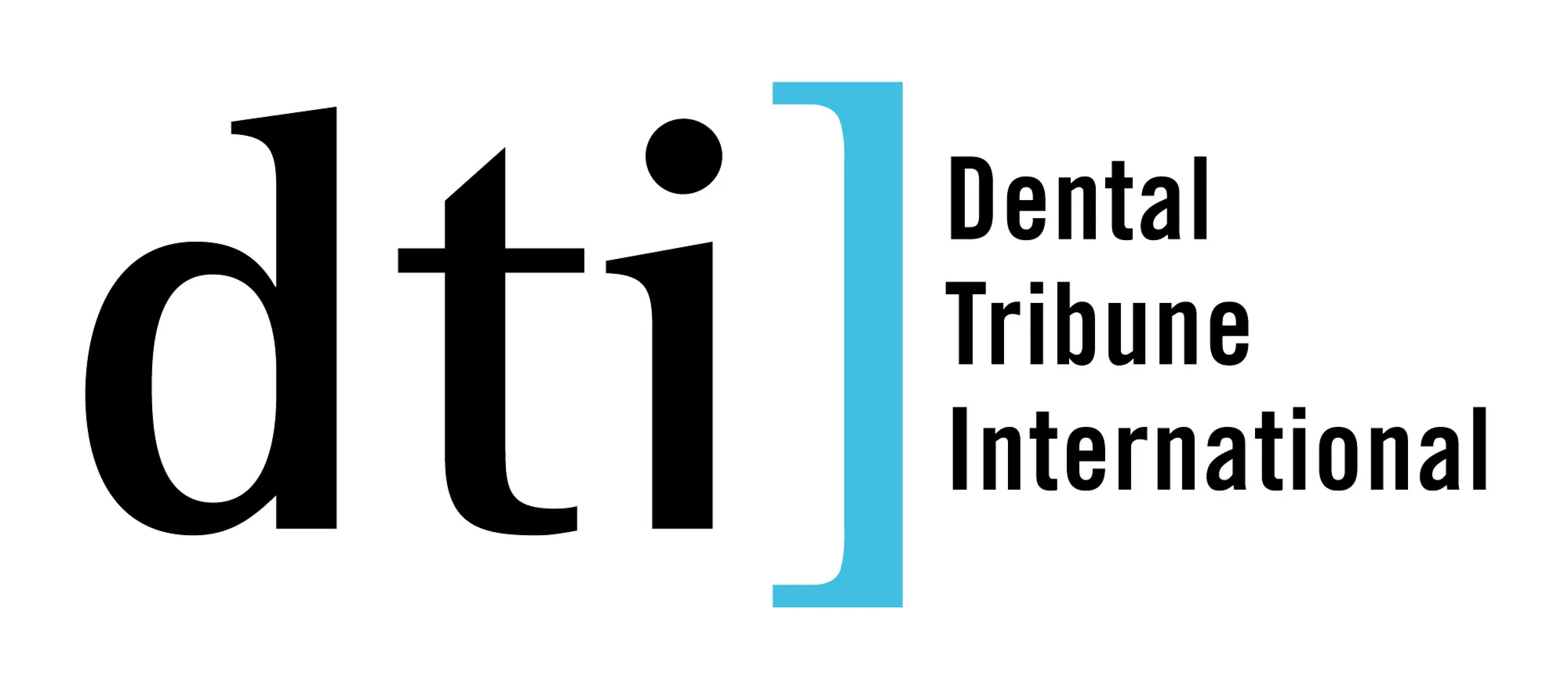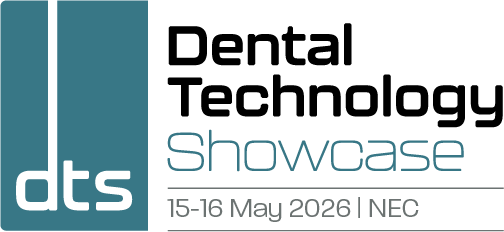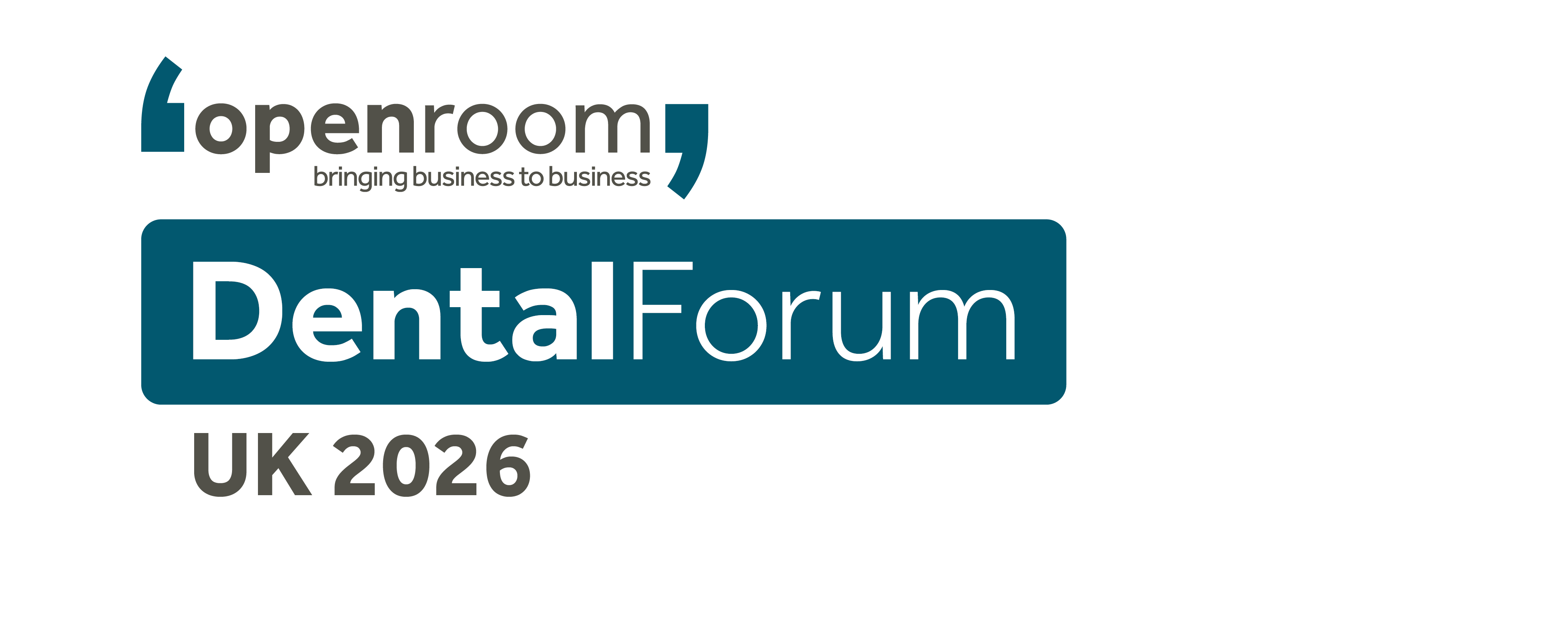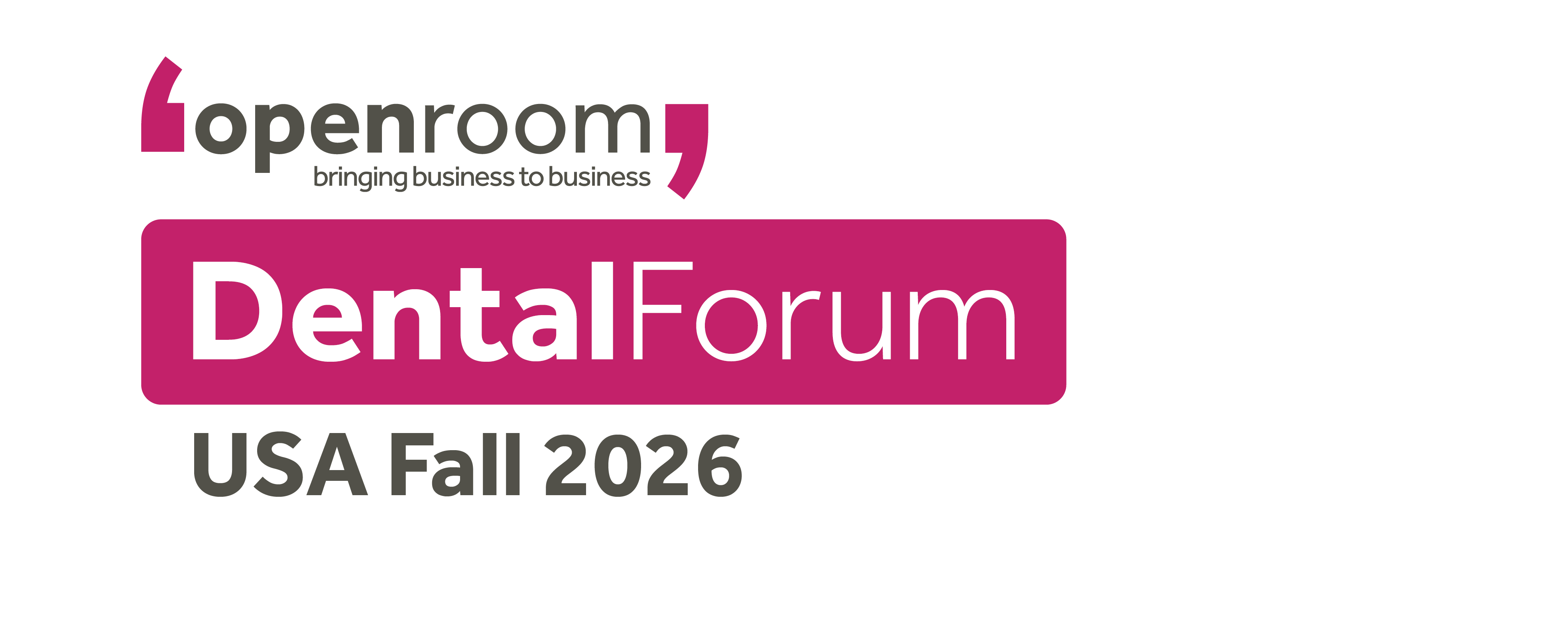Is AI Harming the Dental Profession?
)
Is AI Harming the Dental Profession? Responsible Use to Extend Treatment Capacity
Artificial intelligence (AI) is reshaping jobs across the board, and dentistry is no exception. As treatment workflows are increasingly digitised, AI emerges as a powerful tool to support dentists.
While AI-driven diagnostics have gained widespread acceptance, the technology is now expanding into treatment planning and decision support - Advancements of significant value for expanding treatment capacity and improving outcomes.
Whenever technology aims to reduce reliance on expert judgment and a skilled hand, fear and uncertainty are natural responses, and questions are raised about the integrity and trustworthiness of these tools.
How AI is Changing Dentistry
AI’s ability to analyse vast datasets and identify patterns has revolutionised imaging, diagnostics, and predictive analytics. But its influence extends further. AI-driven treatment planning now enables general dentists to perform procedures that once required specialist input, including digital restorative dentistry, implant planning, guided surgery, and orthodontics.
By integrating AI into dental workflows, practitioners can:
- Reduce planning time and administrative burdens
- Improve accuracy and consistency in treatment execution
- Enhance patient engagement through AI-generated treatment simulations
- Expand access to advanced care within general dental practices
Challenges posed by AI in Dentistry
Despite its potential, AI presents challenges that must be addressed for responsible clinical integration:
1. Data Reliability and Bias
AI systems learn from data, but if that data is biased or incomplete, errors can be propagated. Continuous validation and oversight are essential to ensure reliable recommendations and prevent unintended disparities in patient care.
2. Clinician Oversight vs. Automation
AI increases efficiency, but dentistry remains a profession grounded in human expertise, ethical judgment, and patient relationships. AI should serve as an assistive tool, not a replacement for professional decision-making.
3. Transparency and Trust
Many AI models function as “black boxes,” making it difficult for clinicians to understand how decisions are reached. For AI to gain widespread acceptance, transparency in its decision-making process is crucial.
Responsible AI in Action: Vitaware OrthoLab
Clear aligner therapy exemplifies AI’s practical benefits in dentistry. The field has embraced AI due to its digital nature and predictable treatment mechanics.
Vitaware OrthoLab, an AI-powered chairside clear aligner system designed for general dentists, is at the forefront of this transformation. By leveraging AI for treatment planning, Vitaware OrthoLab provides:
- AI-assisted decision support for aligner setups
- Real-time simulations and modifications
- Built-in orthodontic rules and backstop for predictably safe outcomes
This allows general dentists to confidently offer aesthetic orthodontic treatments—particularly for the front six teeth—without requiring extensive additional training or specialist intervention. AI ensures treatment plans follow biomechanical principles while keeping clinicians in full control.
Vitaware has adopted best practices for integrating AI into dental workflows. Rather than replacing the clinician, its AI-powered tools support decision-making, reduce planning burdens, and expand treatment capacity in a safe and controlled manner. The system is designed with built-in heuristic safeguards to ensure all AI-generated plans operate within strict safety parameters. Furthermore, the platform encourages and enables clinicians to evaluate AI-generated plans, make necessary refinements, and maintain full oversight of treatment quality. Placing responsible implementation of AI at the forefront of its UK government backed research, Vitaware OrthoLab adheres to ISO 13485 and ISO 14971 and supports the BS/AAMI 34971:2023 initiative.
The Future: AI as an Enabler, Not a Replacement
As AI evolves, responsible implementation will be key to maximizing its benefits while maintaining professional standards. Best practices include:
- Maintaining Human Oversight: AI should support, not replace, clinician expertise.
- Ensuring Clinical Validation: AI-driven recommendations must be based on sound, peer-reviewed principles.
- Promoting Transparency: AI systems should provide clear, explainable outputs to build trust among clinicians and patients.
See The Power of AI in Dentistry First-hand
To explore how AI-powered treatment planning can enhance your practice, visit Vitaware OrthoLab. Discover first-hand how AI is empowering general dentists to confidently deliver clear aligner treatments while improving efficiency and patient care.
AI is not harming the dental profession—it is transforming it. By enhancing treatment planning, improving predictability, and streamlining workflows, AI enables general dentists to expand their capabilities like never before. With responsible implementation, AI will continue to elevate patient care and clinical outcomes, ensuring that technology works in service of both practitioners and their patients.



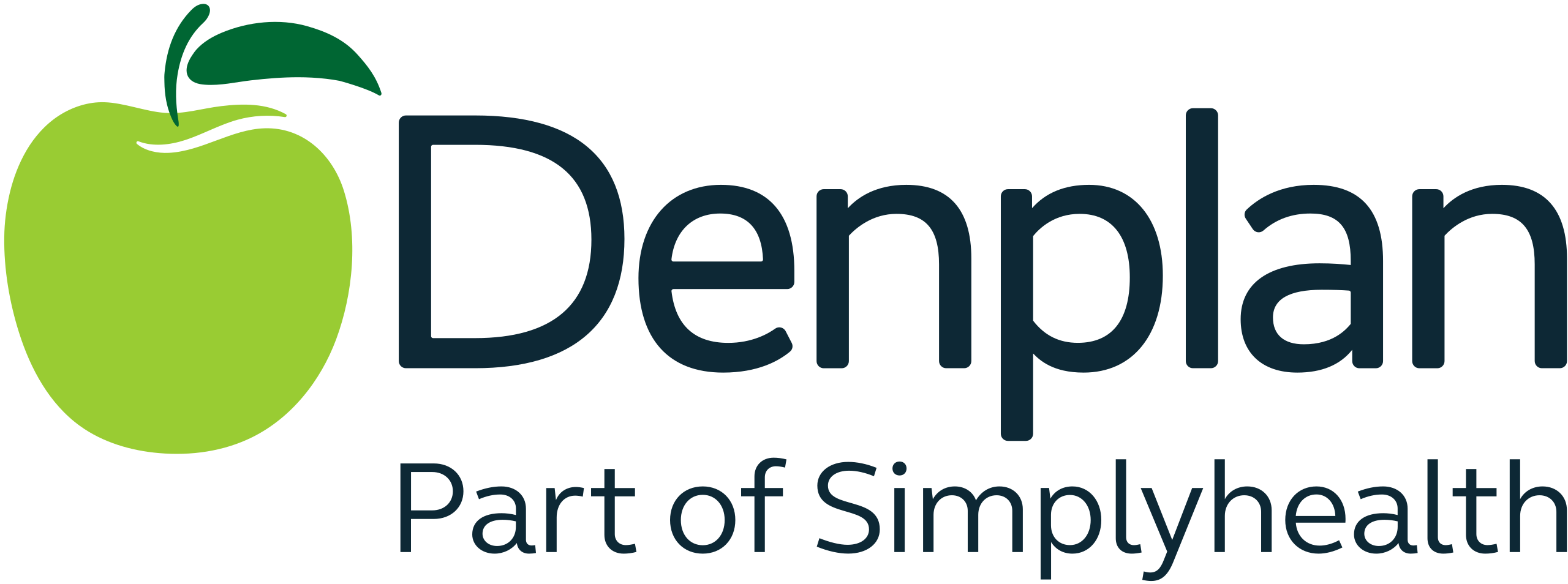
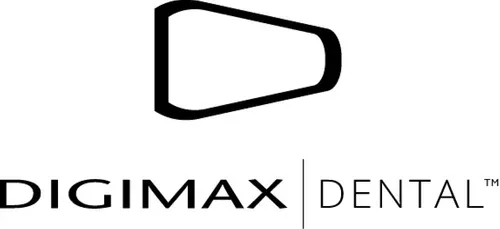


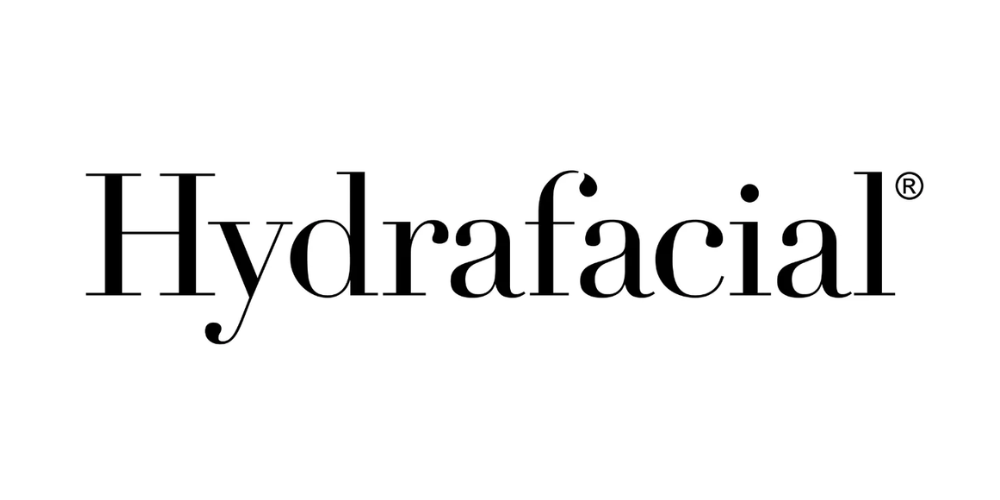
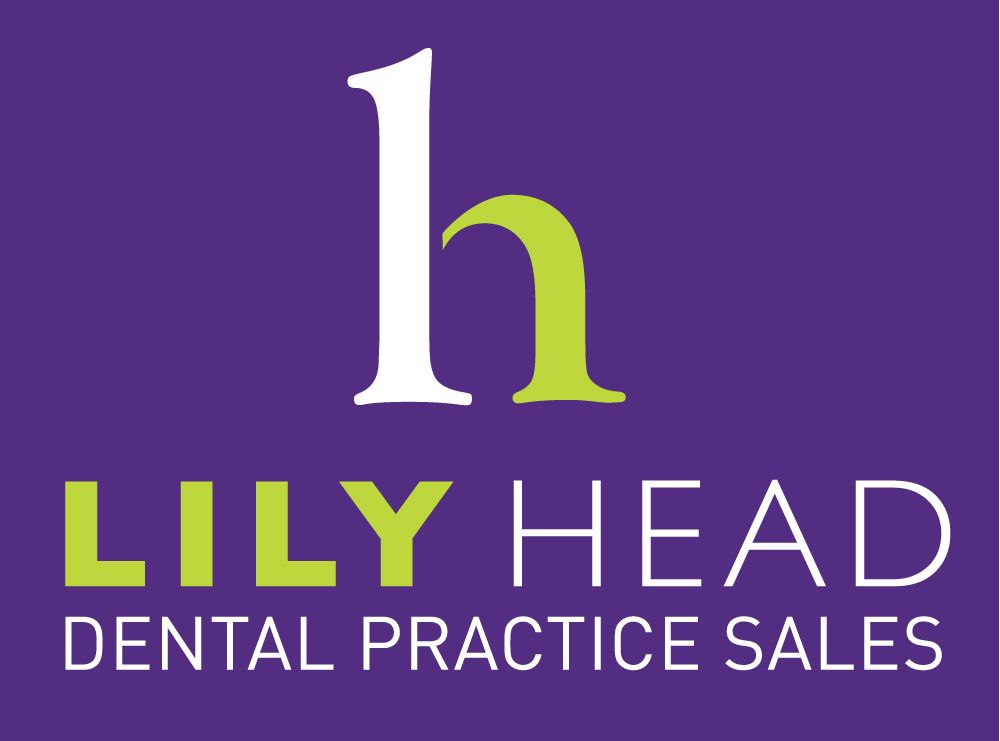







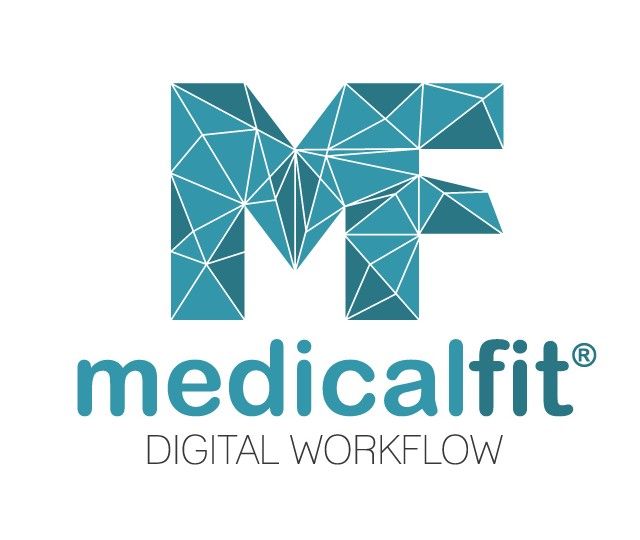


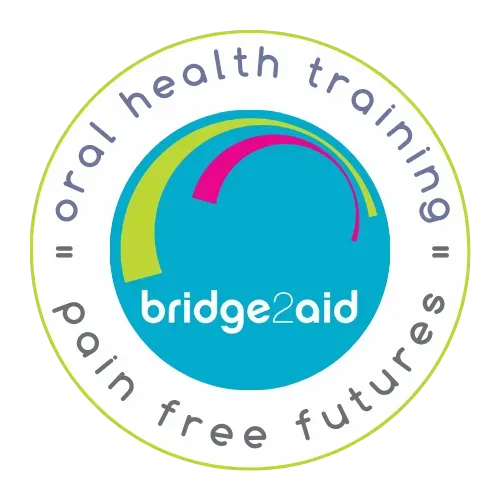
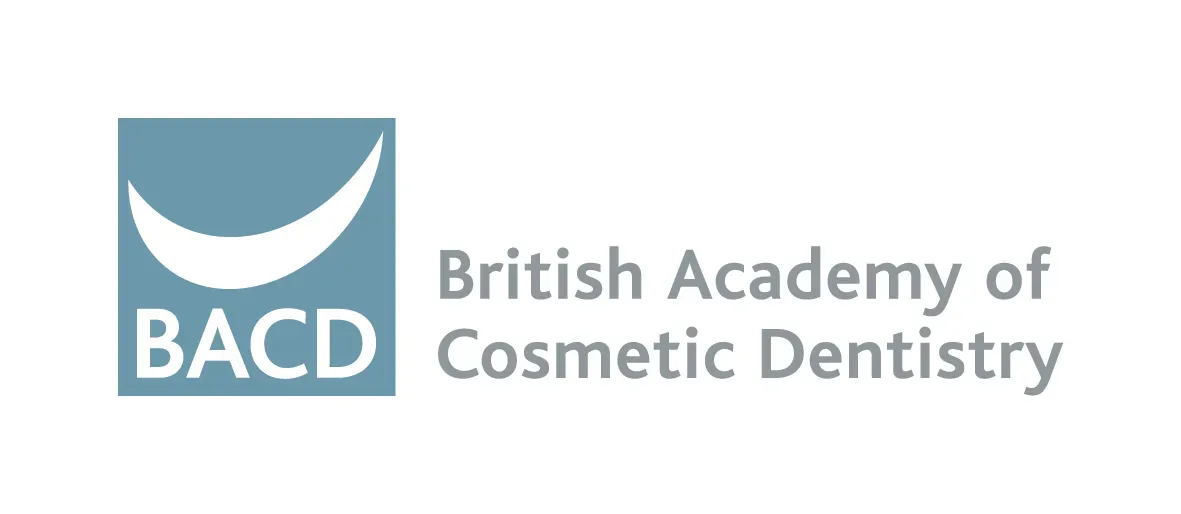

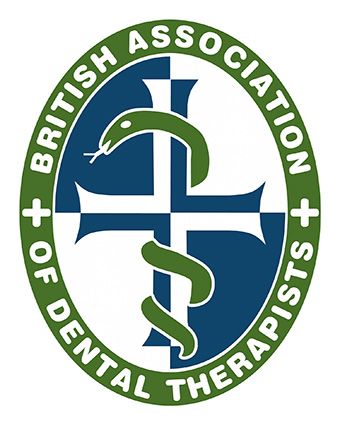
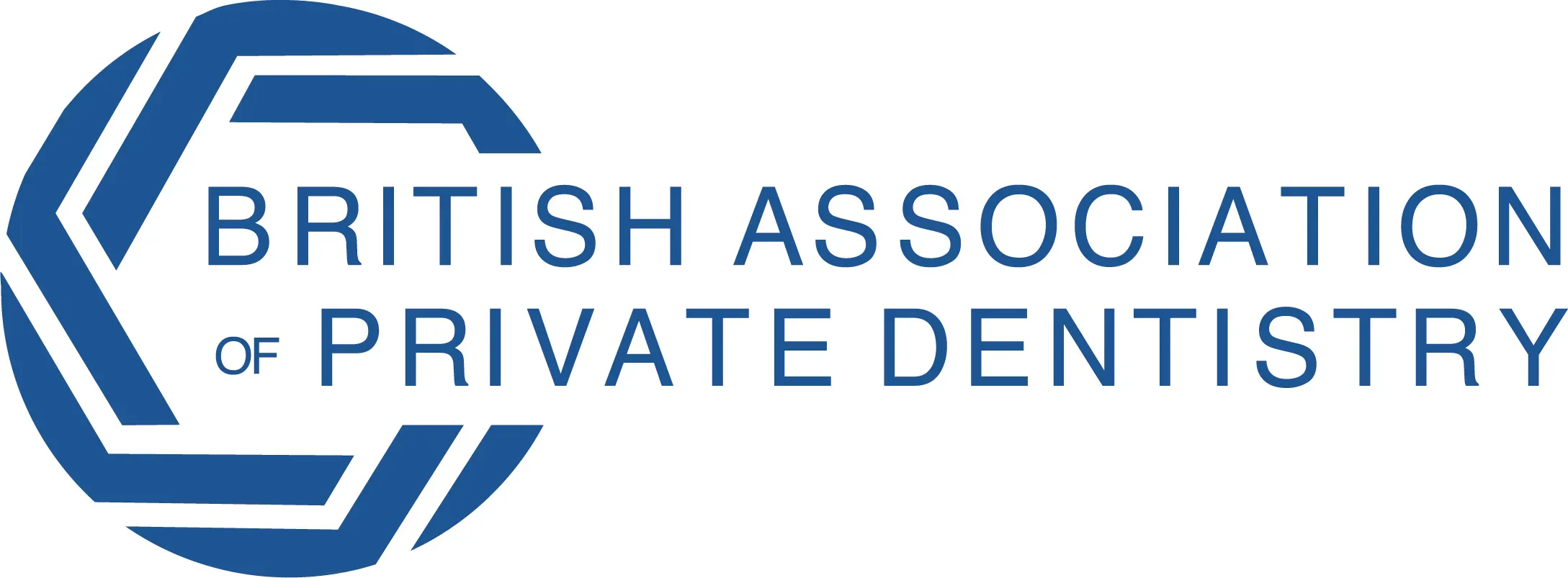





.png)
